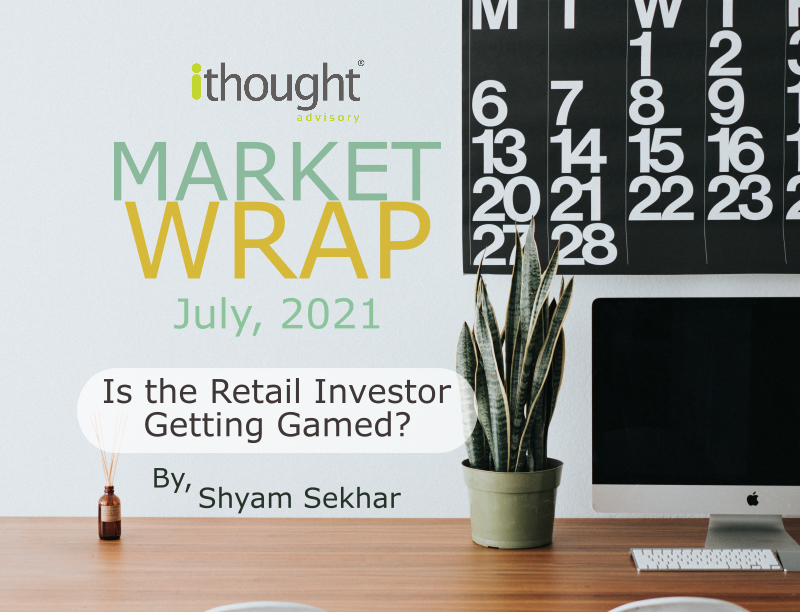
Hype has its own trajectory. Once you create it, it takes over and finds its own direction. IPO listing trades are hype induced, auto-piloted, and auto-destructed. But, there still is something structural about such trades.
Take the Zomato IPO trade for example. Our regulation mandates QIB & Anchor investors to be allotted 75% of shares in the IPOs of loss-making companies. These shares are locked for 30 days from the date of listing. So, in an IPO of a loss-making company, the supply of shares on the first 30 days after listing day is just 25% of the issue. This clearly means that supply will suddenly increase on the 31st day by three times.
The intent of the regulation is to protect small investors from investing in risky businesses where losses happen and to keep them open to institutional investors. But, retail investors are the lifeline of our IPO markets and they have a high need to participate in listing trades of heavily subscribed issues. They end up driving the prices up substantially on listing day and also making the listing month trades extremely frothy. This sets up a situation where Anchor/QIB’s can easily exit by selling to retail investors after 30 days. This happened in a burger chain earlier, and will repeatedly happen in loss-making listings going forward.
What was meant to structurally protect the retail investor may well end up badly hurting him. Clearly, we need to think through our structuring related regulation much more.